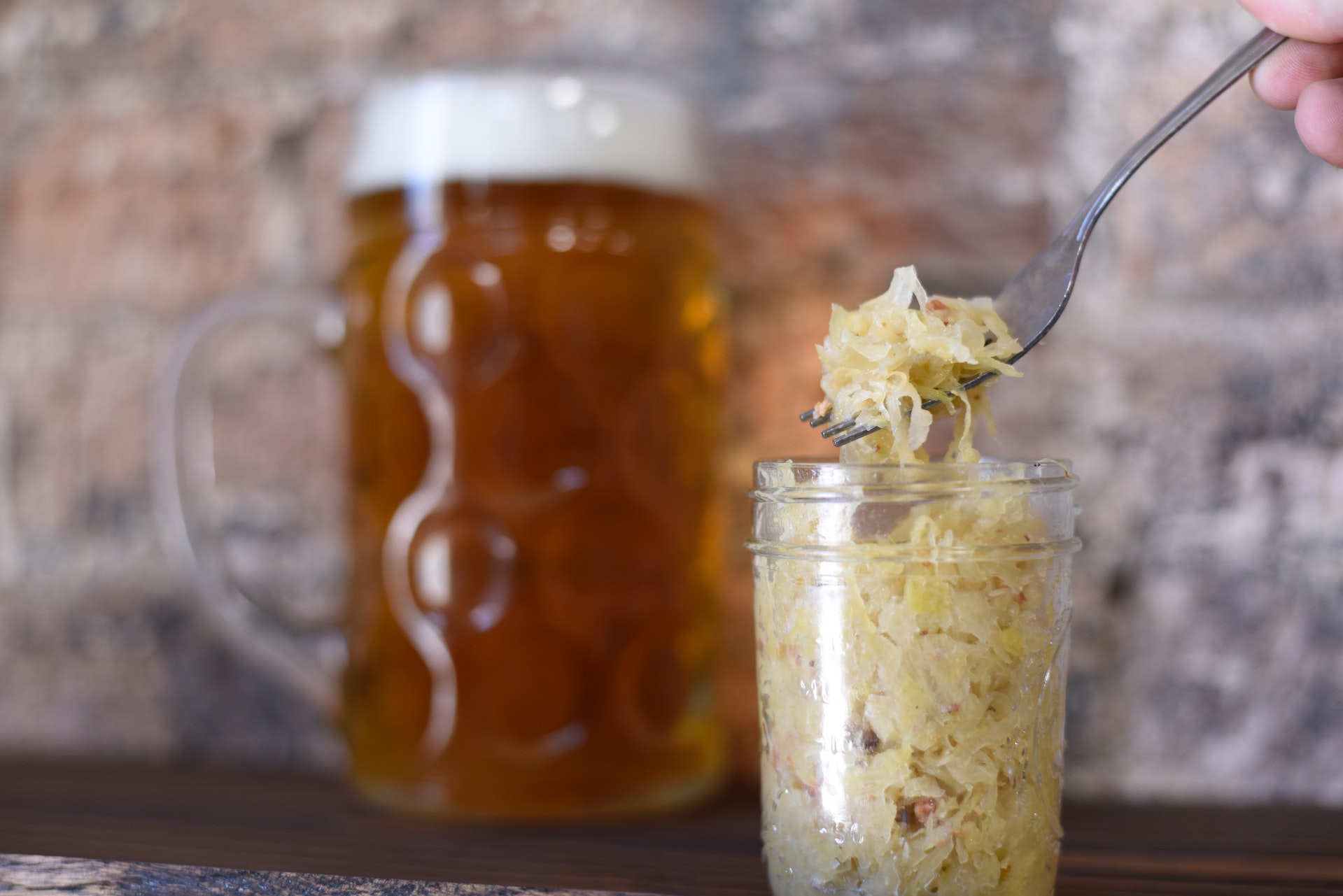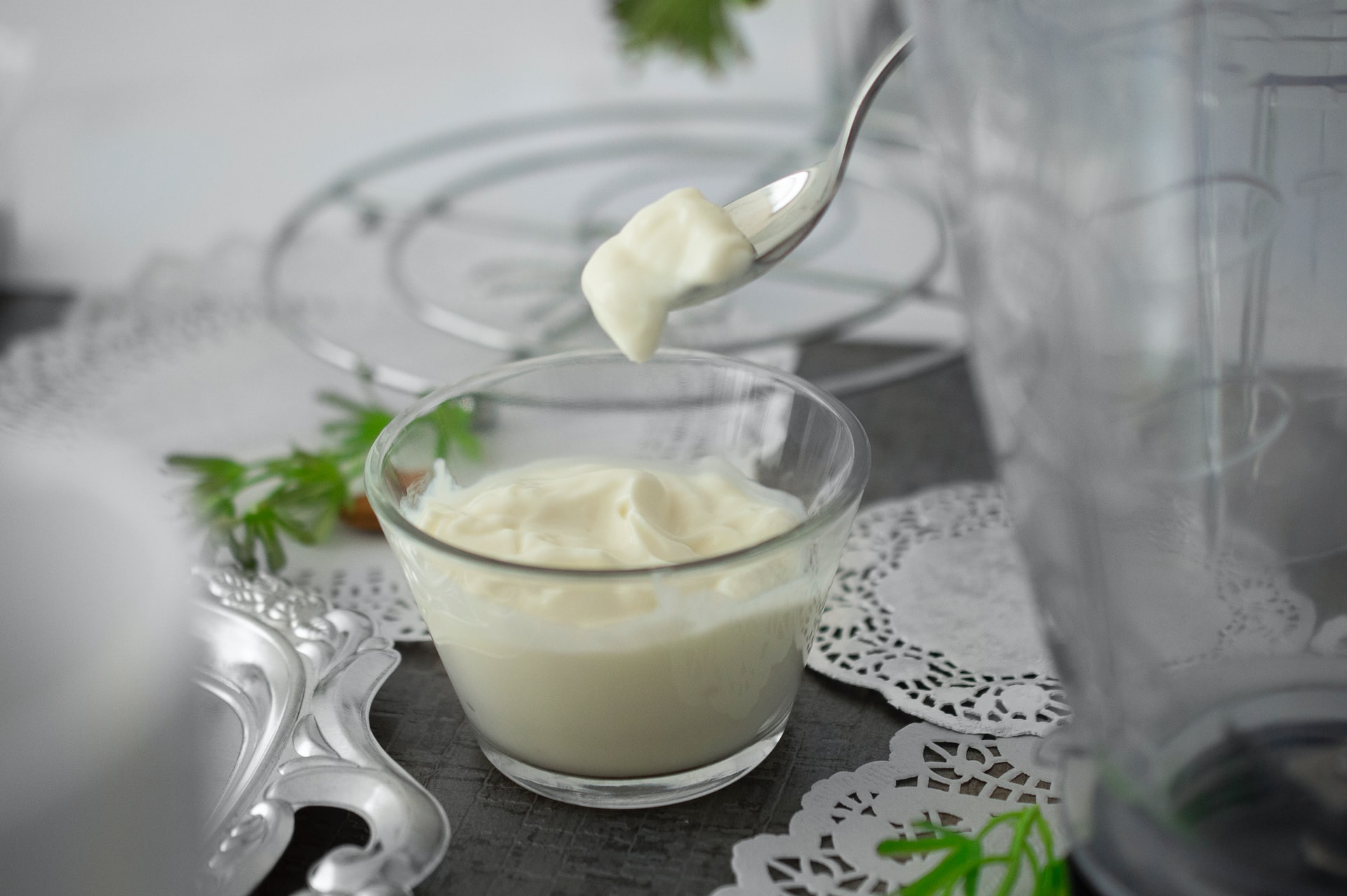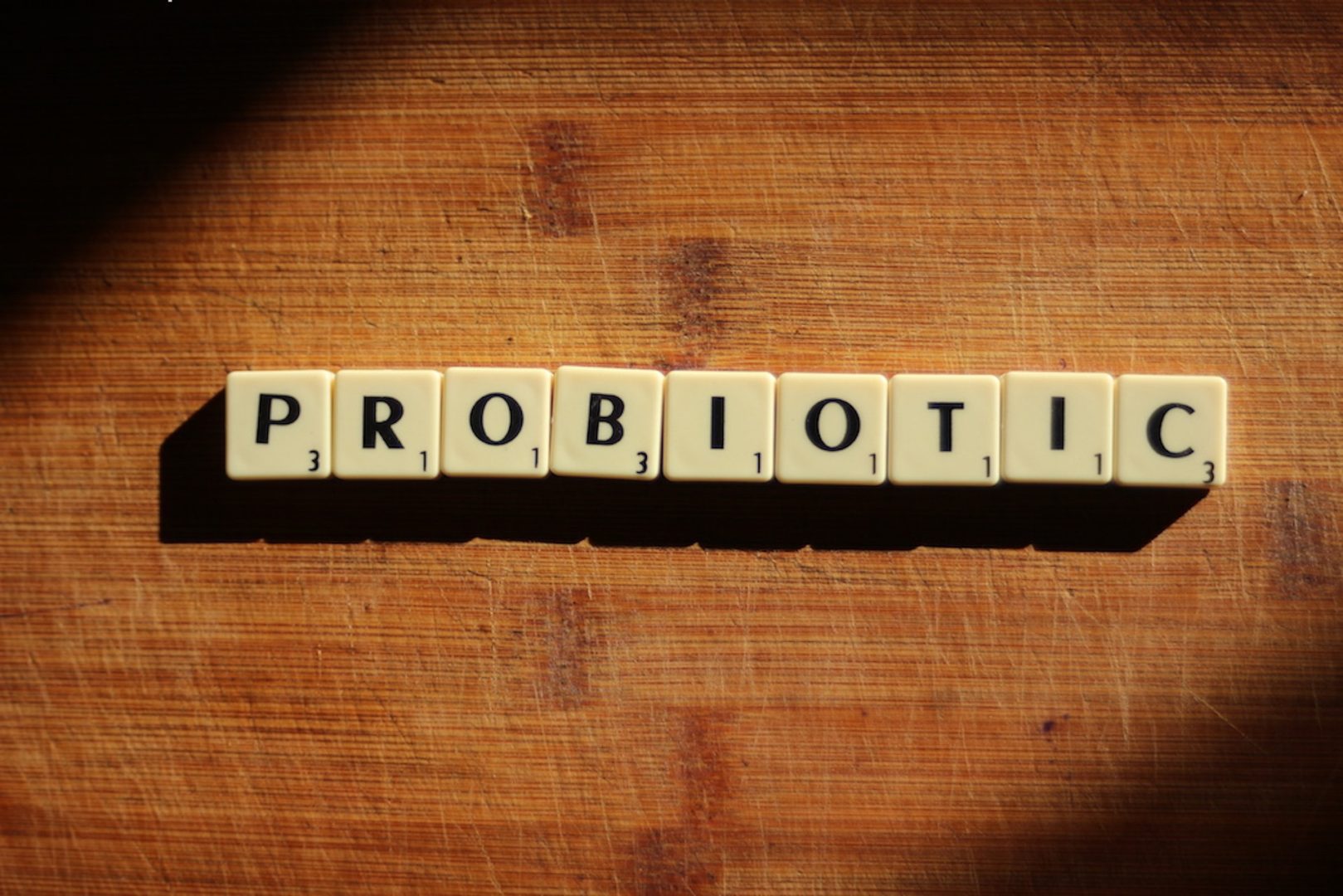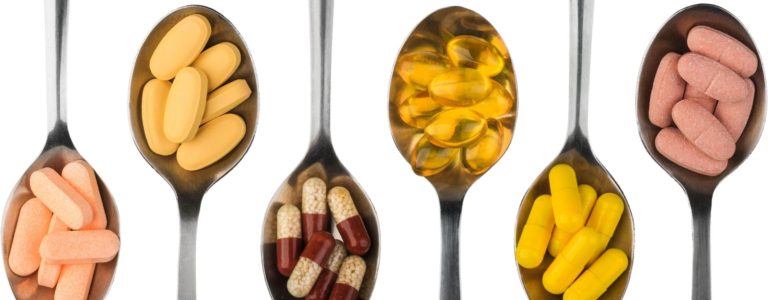What Is A Prebiotic And A Probiotic?
Prebiotic Vs. Probiotic? We’ve all heard about them but which is best for us to eat as healthy adults.
In this blog we’ll discuss the different prebiotic benefits, probiotic benefits, which type support digestive health as well as health tips to live longer by promoting friendly gut bacteria.
Prebiotics
Prebiotics are indigestible fibers that act as food for your gut microbiome.
They travel to the digestive tract and act as if they were food to support your gut bacteria. They are found in food sources such as fruits, vegetables, and whole grains.
Prebiotics can improve your gut microbiota or gut flora which through better digestive health can increase human longevity.
Prebiotics work to improve digestive health of beneficial bacteria in the gut microbiota.
This helps to crowd out bad bacteria and keep the gut in balance. Prebiotics have been shown to improve gut health, boost immunity, reduce symptoms of Irritable Bowel Syndrome and even help with weight loss.
Probiotics
Probiotics are live helpful bacteria and yeasts that are good for your gastrointestinal health, especially your digestive system.
They are found in fermented foods like yogurt, sauerkraut, kimchi and kefir and can be taken in supplement form. They are ‘friendly’ bacteria.

Probiotics help with digestive problems, such as irritable bowel syndrome (IBS), inflammatory bowel disease (IBD), and infectious diarrhoea.
They also help with skin conditions, such as eczema and psoriasis. Probiotics also help with mental health conditions, such as depression and anxiety.
What Is An Example Of A Prebiotic?
Prebiotic foods include: artichokes, bananas, oats, garlic, chicory root, dandelion greens, leeks, onion, wheat Bran, asparagus, and burdock root.

What Is An Example Of A Probiotic?
Probiotics are live bacteria that are found in fermented foods like yogurt, Kombucha, kimchi, sauerkraut, and kefir. Probiotics are also found in supplements like Yakult.

Which Is Better: Prebiotic Vs. Probiotic?
There is no one-size-fits-all answer to this question.
Both prebiotics and probiotics offer health benefits. However, some people may find that they need to take both prebiotics and probiotics to see the full benefits.
Probiotics can help support healthy bacteria in the intestine. Prebiotics and probiotics assist the body in building and maintaining good colonies of bacteria and other microorganisms that help the stomach and help digestion.
What Foods Are Considered Prebiotics?
Foods with a high percentage of dietary fiber. This includes foods like chicory root, dandelion greens, garlic, leeks, and onions.
Prebiotics are a type of dietary fiber that the human body cannot digest. Instead, prebiotics act as fuel for the good bacteria in your gut. These good bacteria are known as probiotics.
What Foods Are Considered Probiotics?
Probiotic foods contain friendly bacteria that can be beneficial to your health. These foods include yogurt, kimchi, sauerkraut, and kefir.

18 Prebiotic Foods You Should Eat;
- Artichokes
- Bananas
- Oats
- Garlic
- Chicory Root
- Dandelion Greens
- Leeks
- Onion
- Wheat Bran
- Asparagus
- Yams
- Jerusalem Artichoke
- Jicama
- Kiwifruit
- Legumes
- Lentils
- Soybeans
- Chickpeas
What Are The Signs You Need Prebiotics?
There are a few different signs that you might need prebiotics. If you have trouble digesting food, if you frequently get sick, or if you have any sort of digestive issue, prebiotics could help.

Additionally, if you’re taking antibiotics or other medications that can upset the balance of bacteria in your gut, prebiotics may be beneficial.
Finally, if you’re feeling tired or run down, prebiotics could give you the boost you need.
The amount of prebiotic you should take depends on a few different factors.
Your age, weight, general health and activity level all play a role in how much prebiotic you need. Additionally, the type of prebiotic you’re taking may also affect the amount you need.
Speak to your doctor or a registered dietitian to figure out how much prebiotic is right for you.
Can I Take A Prebiotic And A Probiotic At The Same Time?
Yes, you can take a prebiotic and a probiotic at the same time. In fact, many probiotic supplements contain prebiotics.
However, if you’re taking both a prebiotic and a probiotic supplement, it’s important to make sure that they don’t contain the same strain of bacteria.
Taking two supplements with the same strain of bacteria can actually cause gut inflammation.
How Prebiotics and Probiotics Fight the Good Fight
The benefits of prebiotics and probiotics have been known for centuries. These two classes of food help keep the digestive system in balance and support a healthy immune system.
Prebiotics are found in plant-based foods, while probiotics are live bacteria that occur naturally in fermented foods.

While prebiotics and probiotics are both important for gut health, they have different functions.
Prebiotics act as food for probiotics, promoting the growth of good bacteria in the gut.
Probiotics, on the other hand, are live bacteria that help maintain a healthy balance of microorganisms in the gut.
Including prebiotic and probiotic-rich foods in your diet is one of the best ways to support gut health.
What Are The Health Benefits Of Prebiotics?
Some of the benefits of prebiotics include:
- Reducing inflammation
- Improving gut health
- Boosting immune system
- Lowering cholesterol levels
What Time Should I Take A Prebiotic Vs A Probiotic?
Prebiotics should be taken with meals. This will help to ensure that they reach the large intestine where they can do the most good.

Probiotics can be taken at any time of day, but it is best to take them with a meal so that they are more likely to reach the small intestine where they are needed.
Finding The Right Balance For Your Bacteria
There are many different strains of prebiotics and probiotics, and it can be difficult to know which one is right for you.
The best way to find the right balance is to speak with a doctor or registered dietitian who can help you figure out which strain is best for your individual needs.
What Are The Side Effects Of Prebiotics And Probiotics?
In general, prebiotics and probiotics are safe for most people. However, there are a few side effects that you should be aware of.
The most common side effect of prebiotics is gas and bloating. This is because prebiotics help promote the growth of good bacteria in the gut, which can lead to increased gas production.
Probiotics may also cause gas and bloating, as well as diarrhoea, constipation, and nausea.
Abdominal pain and nausea occur mainly in high dosages.
If you experience any of these side effects, it is best to speak with a doctor or registered dietitian to figure out if prebiotics or probiotics are right for you.
Do Prebiotics And Probiotics Actually Work?
The jury is still out on whether prebiotics and probiotics actually work.
Some studies have shown that these supplements can have positive effects on gut health, while other studies have been inconclusive. More research is needed to determine the efficacy of prebiotics and probiotics.
If you’re considering taking a prebiotic or probiotic supplement, it’s important to speak to wellness professionals. These supplements can interact with certain medications, and they may not be right for everyone.
Prebiotic Vs. Probiotic Supplements
If you want to buy prebiotic supplements or probiotic supplements, there are a few things you should keep in mind.
First, prebiotic supplements are not regulated by the FDA, so it’s important to choose a reputable brand.
Second, prebiotic supplements can be expensive, so it’s important to compare prices before you buy.
Third, prebiotic supplements should be taken with meals to ensure that they reach the large intestine where they can do the most good.

Finally, prebiotic and probiotic supplements can interact with certain medications, so it’s important to speak to your healthcare professional before you start taking them.
Summary
Prebiotics are non–digestible food ingredients that promote the growth of beneficial bacteria in the gut. Prebiotic foods include chicory root, garlic, onions, banana, asparagus, and apples.
Prebiotics should be taken with meals so that they reach the large intestine where they can do the most good.
Probiotics are live, beneficial bacteria that are often found in fermented foods. Probiotic foods include yogurt, sauerkraut, kimchi, and miso soup.
Probiotics can be taken at any time of day, but it is best to take them with a meal so that they are more likely to reach the small intestine where they are needed.
Find Your Tribe and Join the Longevity Whale Community. The group is a great place to share information and get ideas from other people looking at ways to increase their lifespan and live healthier for longer.






